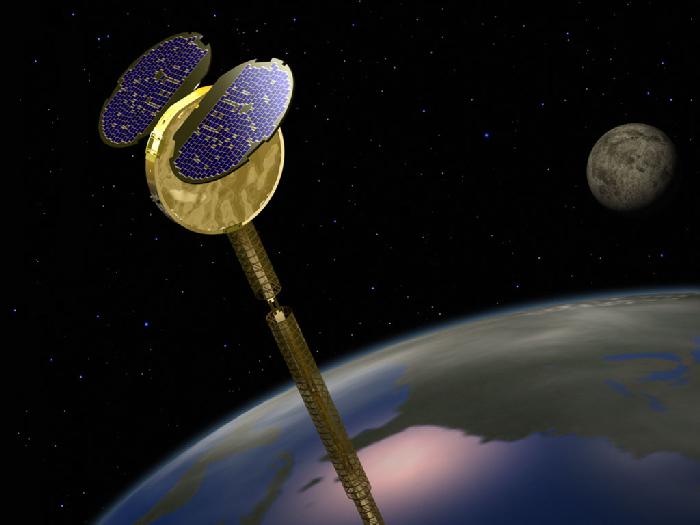
The report covers in-depth both OEM and aftermarket players and includes all the latest market data. This has reduced the precision of port monitoring, which is only challenging for a few business cases requiring real-time data.Fleet Management in the Americas is the eleventh consecutive report from Berg Insight analysing the latest developments on the commercial vehicle telematics market in the Americas. A missing share in terrestrial AIS data causes a delay in port call reception. When analyzing all Chinese ports, the number of registered port call updates of the merchant fleet has decreased by 17% since Nov 2021. All Chinese ports relevant for commercial shipping are still well covered. Regarding the number of port calls, we have not seen any significant changes for the major Chinese ports since the new Chinese data protection laws came into force. In FleetMon Explorer, the frequency of AIS updates per day declined in some smaller Chinese ports. However, the live-tracking of vessels in Chinese waters might be impaired. Historical data exports for Chinese waters, ETA calculations for the merchant fleet with routes via Chinese ports and all non-live APIs continue to deliver exact results as you’re used to. Real-Time Vessel Tracking with FleetMon Explorerįortunately, many of our products and services are hardly affected at all by the drop in terrestrial AIS coverage because other AIS sources fill in the gap. One may say, losing access to terrestrial AIS data means a fall-off in tracking precision but not in vessel tracking as a whole. For heavily congested areas or places where frequent updates are needed, terrestrial AIS data is the means of choice, enabling real-time vessel tracking and port monitoring. In China’s busy harbors and waterways, hundreds of vessels may be broadcasting in the same small area, making it hard for satellite receivers to pick those tightly-packed signals apart. If you compare satellite AIS to terrestrial, you will see the lack of port data location that shows how valuable terrestrial data is. The position updates may vary from a few minutes up to several hours depending on traffic, weather, and other factors. Vessels that sail far away from shore can be covered by satellite AIS, which fills in part of the data gap left by China’s new laws. Shipping firms and logistics companies rely on AIS data to predict vessel movements, improve port efficiency, and more. These AIS reports can be captured by nearby ships, satellites, and by AIS receiver stations (terrestrial) mounted onshore. Vessels transmit their unique identification, position, and voyage information multiple times per minute using AIS transponders onboard. The tracking system AIS (Automatic Identification System) is used for collision avoidance on the seas and maritime traffic monitoring. Satellite AIS Coverage in Chinaīefore addressing this question, one needs to understand some basics about AIS. Now, how severe is the impact of China’s new Data Security Laws on AIS coverage in the region? Some of our loyal AIS Partners and data sharers from China have paused transmitting data in fear of massive fines announced by the Chinese government in case of law violations. The new rules restrict foreign access to important data like vessels’ AIS signals collected in China without the government’s prior notice and approval.



Besides, mainland China is home to six of the world’s ten largest container ports.įleetMon collaborates with several Chinese companies and AIS Partners to receive terrestrial vessel position data from Chinese coastal waters. Industry experts are concerned about how those changes might impact ocean supply chain visibility in China, especially taking into account the country’s leading role in global container shipping and coal and iron ore import. The new Data Security Law (DSL) and Personal Information Protection Law, both coming into effect on Nov 1, 2021, intend to increase government control over domestic and overseas companies collecting and exporting China’s data. Following two new data security laws in China, the reception of data from China became challenging. Recently the maritime industry became aware of what has been stated in the media as “China’s terrestrial AIS data blackout”. We share our view on China’s AIS Coverage Drop. Is Supply Chain Visibility in China at Risk? December 15th, 2021 in News, Trends by FleetMon HQ


 0 kommentar(er)
0 kommentar(er)
